1. Consistently blames self:
“If I were a better parent/grandparent/friend, my loved one wouldn’t be doing this.”
2. Changes the environment to accommodate the person with the problem.
“Let’s change schools and get our child away from those troublemakers.”
3. Shields their loved one from consequences.
Lies, makes excuses for, and creating alibis for a loved one to help them avoid “getting in trouble.”
4. Takes on the whole world in defense of a loved one.
“The whole legal system is corrupt, and my child/grandchild/friend is getting unjust treatment.”
5. Their pain increases.
Because the loved one is still acting irresponsibly, the enabler’s pain and frustration deepens.
6. Communications deteriorate.
Because the issues are unresolved, defenses are high. Both the enabler and the loved one are often deluded about reality.
7. Enabling is habit-forming.
The enabler keeps offering the same kind of help. Sometimes the enabler derives such deep satisfaction from “rescuing” someone that he or she never assesses whether the assistance is helping or hurting the loved one.
If this article speaks to you and you are ready to stop the cycle of enabling. Call us today at: 417-272-3784 to get help for your son. Talk to our Admissions Coordinator today!




